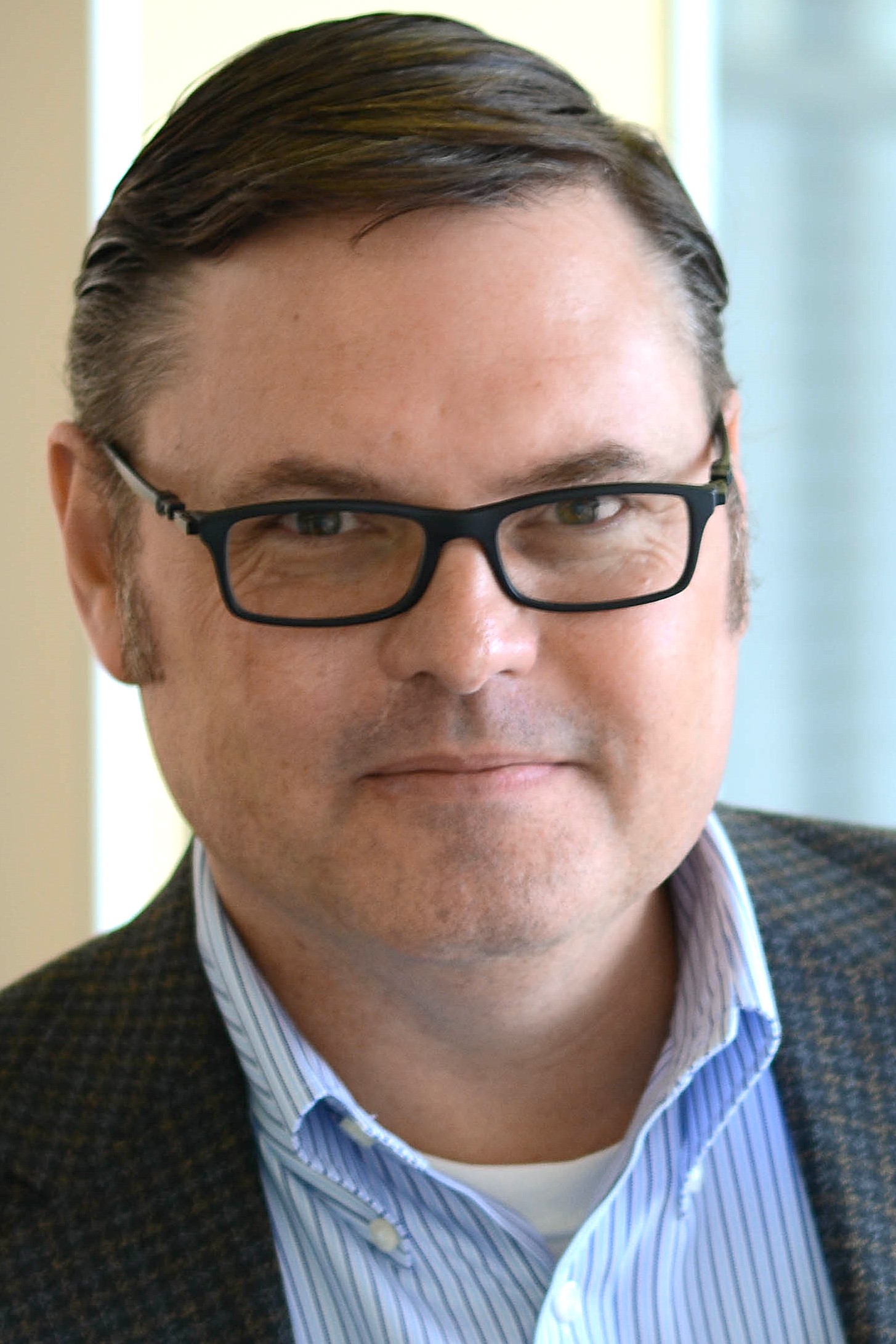CEO sees UM-Flint doctoral research as startup's missing ingredient

By 2023, W.E. Da'Cruz had spent more than three years launching her small business, The Mushroom Angel Co. Inc., which produces mushroom-based meat alternatives. Shoppers were buying its debut product, mushroom burgers, from gourmet vendors in Detroit, Ann Arbor and beyond. Yet, the entrepreneur felt a key ingredient was missing: speed. She needed experts to teach her faster ways to scale up operations.
W.E. Da'Cruz had everything she needed to excel in her other career as an international consultant in the professional services industry: two master's degrees and several years of experience. However, those assets had limited value in her new venture of consumer packaged goods.
Her solution? An advanced business education.
Originally from Princeton, New Jersey, and now living in Detroit, W.E. Da'Cruz researched the Ph.D. programs at renowned business schools. She applied to a few and got accepted, but had serious reservations. She wanted to continue her role at the Virtual Global Consultant Group, which required her to travel and work with entrepreneurs in Ethiopia, Kenya, Malawi, South Africa and Uganda. She also needed to maintain her work-life balance.

"I am a mother of three children, and at that time, my youngest was just a year old," said W.E. Da'Cruz. "I couldn't be in a program that required me to leave every few months for four or five days for in-person classes, especially with my schedule of traveling abroad."
While she had the support of her husband, Dominique Da'Cruz, he was also busy beginning a new job after helping to establish The Mushroom Angel.
W.E. Da'Cruz needed professors who could accommodate her busy schedule as a chief executive officer, consultant, wife and mother. The University of Michigan-Flint's fully online Doctorate of Business Administration program perfectly fit her needs.
It also helped that W.E. Da'Cruz had grown to appreciate U-M's community during her seven years living in Michigan. This community included students at UM-Dearborn, where she works as a lecturer on entrepreneurial thinking. It also included her customers at Ann Arbor's Kerrytown Market & Shops.
"I really wanted to continue to be a part of the Michigan ecosystem," she said. "We've gotten so much support from Ann Arbor and U-M. I just felt that I wanted to better align myself with U-M, so Flint's program made sense."
The support that drew her to UM-Flint has carried over into the classroom, where her fellow students now serve as an unofficial focus group, providing input, feedback and mentorship during discussions and shared projects.

"My cohort has been so generous by listening to real-time problems I'm going through, and we use the concepts in class to help me figure it out," she said. "I often joke that I owe them all dividends when we scale up and become successful."
As W.E. Da'Cruz's classmates help her overcome short-term obstacles, her professors are introducing her to long-term strategies. For example, she recently learned how large digital platforms can help her company engage with consumers, producers and others. This ongoing trend is called "platformization," which she may never have learned about without Syagnik Banerjee, a UM-Flint marketing professor who teaches a "Big Data & the Firm" course.
UM-Flint has also helped W.E. Da'Cruz discover her passion for nonmarket strategies. These strategies address political, cultural and social issues that occur outside the traditional marketplace. These factors seldom appear in business reports, like profit and loss statements, yet they can influence company performance.
One example is the nation's changing immigration policy. Fewer farm laborers could result in smaller mushroom harvests, which could increase The Mushroom Angel's costs. Higher costs could force the company to raise its wholesale prices, and higher prices could force retailers to pass those costs on to their customers, ultimately decreasing sales and profits.
"Nonmarket strategy is one of the biggest takeaways for me from the DBA program because I realize that is what I do well and have been doing, but can do even better now," said W.E. Da'Cruz. "That's all I want to master and talk about and study. Everything I do post-DBA will focus on (refining that approach)."
Her breakthrough in thought process might not have been possible without direction from Tazeeb Rajwani, a visiting professor of strategic management, who will soon guide W.E. Da'Cruz through her dissertation with committee chair George White III, director of the DBA program and professor of strategic management.

"Wendy has been a phenomenal student navigating through our rigorous program while leading her companies, such as The Mushroom Angel," said White. "Most impressively, she has been able to effectively weave practical business experience running companies with her scholarly interests. This is a real testament to her capabilities as a thought leader in practice."
W.E. Da'Cruz is on track to complete her three-year doctoral program next May. After graduation, she plans to leverage her knowledge and academic reputation to scale up her businesses. That work has already begun, including partnerships with Meijer and Picasso Restaurant Group, which is U-M's primary food service partner. The more retailers that follow, the more feasible her second goal becomes.
"Ultimately, that goal is to run a really successful global advisory (group) to train the future leaders of the world in nonmarket strategy," said W.E. Da'Cruz. "I believe my dissertation is going to be a launching pad for that because it will be the framework that I will use."
UM-Flint's DBA program is now accepting candidates for fall 2026. To learn more about the curriculum and application requirements, visit the program's webpage.
Shaun Bailey
Shaun Bailey is the communications specialist for the School of Management. He can be reached via email at shabaile@umich.edu.

